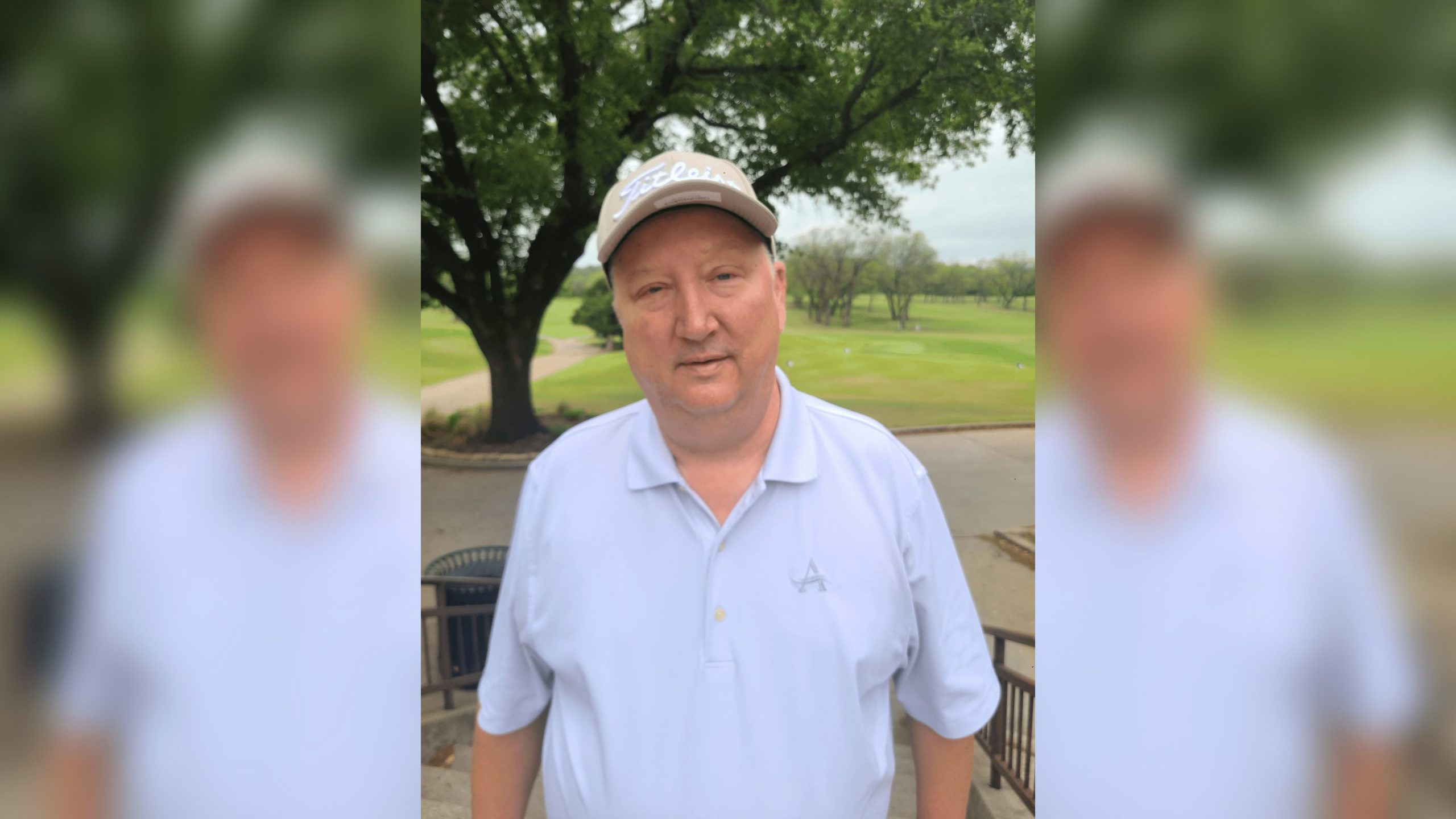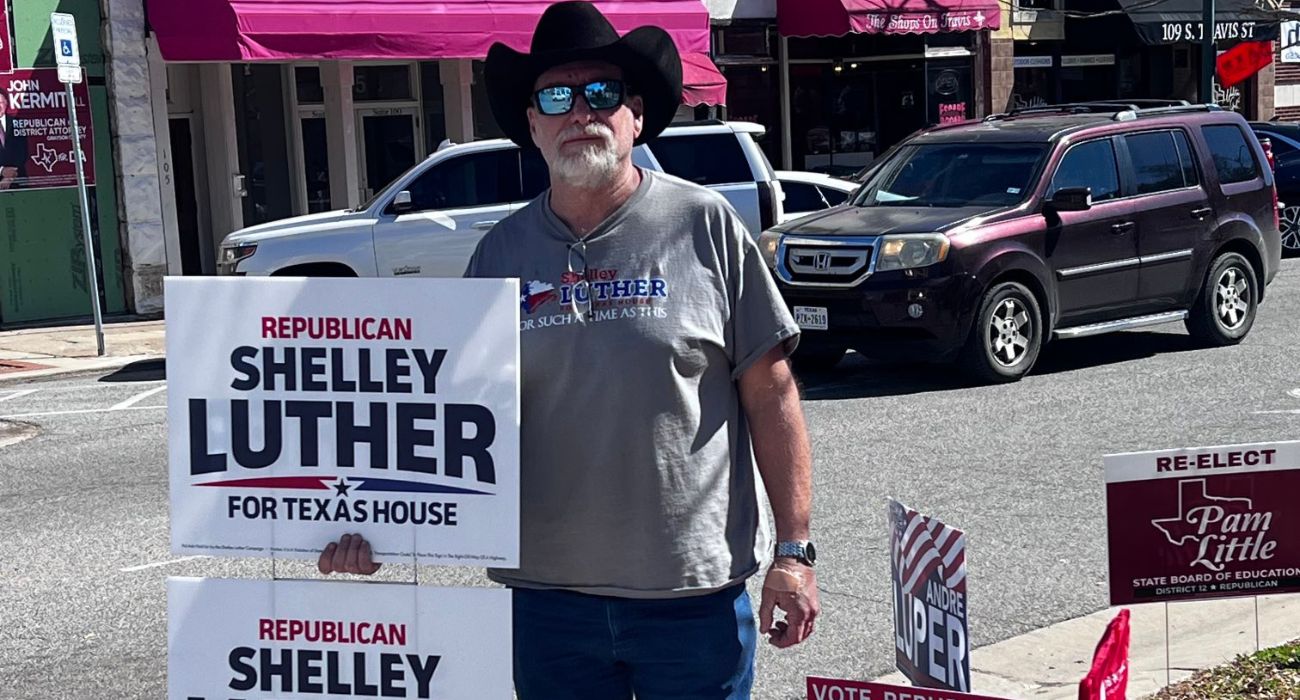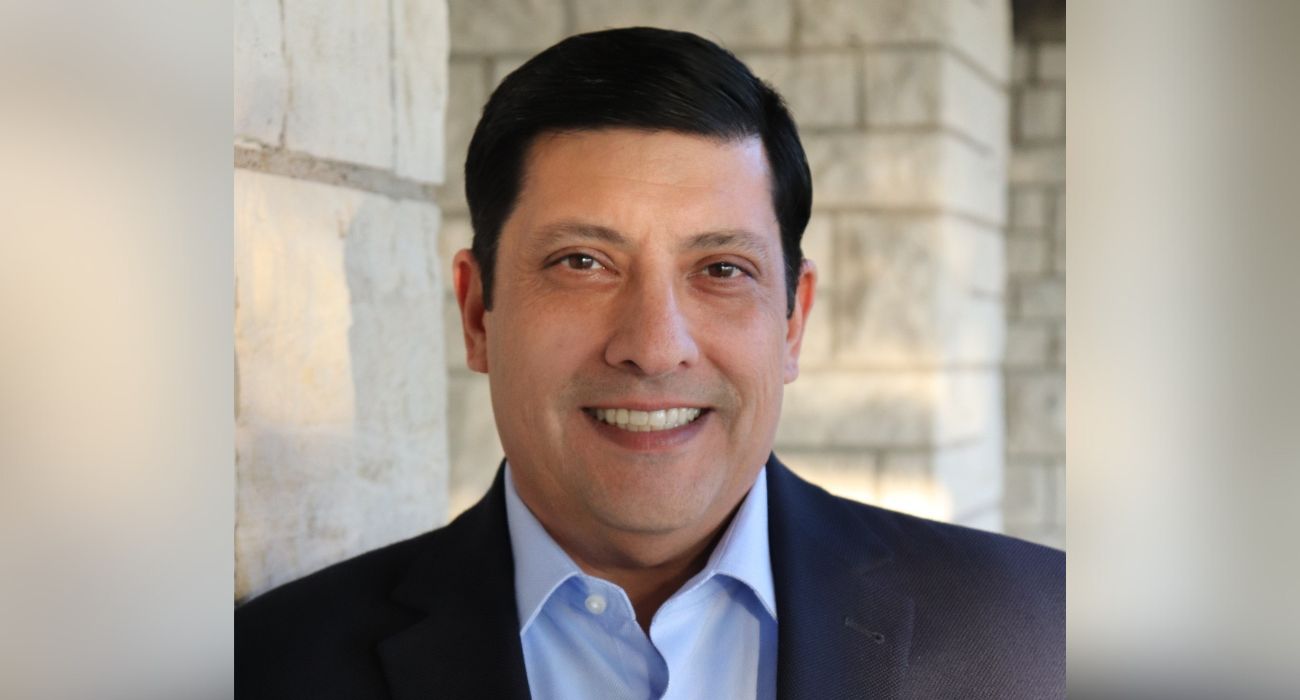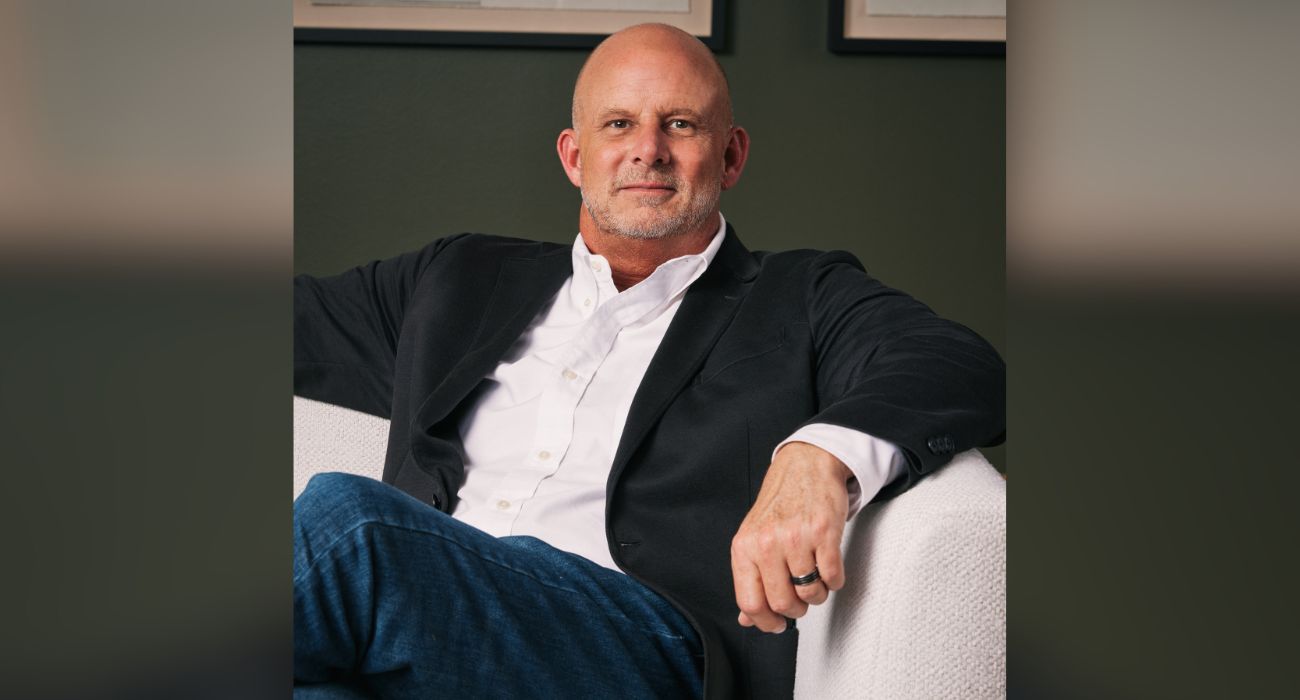Michael Berneburg has been the head golf professional at the historic Lake Arlington Golf Course for 11 years.
Since its opening in 1963, the course has undergone two major renovations. It is one of four golf courses in Arlington and is always bustling with golfers, young and old, who are happy to spend time on the green.
The golf course could not function without a head golf professional like Berneburg, who has extensive experience in the golf world and, as he put it, does “a little bit of everything” for the course.
That means anything “from opening the shop [to] checking in customers some mornings,” or, he added, “if we’re extremely busy or have a tournament, I will help the cart staff put up carts.”
Berneburg meets new people every day and teaches golf at two of Arlington’s four golf courses.
“We do not have a practice driving range here, so I have to go to one of our sister courses in Arlington. We have four golf courses, and two of them have a driving range. I’ll go to one of those and teach, help them with the junior clinics when they have them or individual lessons.”
The courses in Arlington are funded publicly through the Enterprise Fund, which gives financial help to companies whose projects would contribute “significant capital investment” and new employment opportunities to the state’s economy.
Berneburg’s path to becoming the head golf professional at one of Arlington’s historic golf courses, while winding and somewhat unconventional, boils down to the pursuit of a passion.
Berneburg was born in North Dallas and graduated from Berkner High School in Richardson, Texas. However, his father worked for Mobil Oil, so his family moved around in his youth.
“I’ve lived in Seattle, New Jersey, and then Alaska, and then when I was a sophomore in high school, we moved back to the North Dallas Richardson area, and then I’ve spent most of my life in North Texas since then,” Berneburg explained.
He noted that his father provided a firsthand example of a strong work ethic.
“[He] worked full time while going to college at night to complete his degree and his hard work to achieve his goals,” said Berneburg of his dad, whom he called his greatest inspiration.
Neither of Berneburg’s parents played golf; he independently began his affair with the game, initially through coincidence.
“I was probably about 8 years old. We lived up in Seattle, and walking back and forth from school every day, we walked by a driving range, and they had a net and an open field. We walked in the open field, but golfers practicing would miss — they’d hit it over the net,” said Berneburg.
“So one day, I just start picking up a bunch of balls, and I walked into the driving range and said, ‘Here, these are your golf balls,’ and the guy goes, ‘Oh, wait a minute. We’ve got a deal. If you wanna hit balls, you can hit them for picking them up for us.’ And I said, ‘I know nothing about the game, and I don’t even have a club.’ So he walked in back, gave me a club, and every day after school, I’d walk by, pick up balls, go in there and start hitting golf balls.”
Berneburg was introduced to the game in Seattle but had to leave it behind for a time while he lived in Alaska, which only allowed golf to be played for an abridged season due to weather.
“It’s just interesting [that it’s] something I got into on my own up there in Seattle and kind of stuck with it, and when I moved from Alaska, who didn’t have any golf up there (at the time) … back to Richardson in high school, [I] tried out for the golf team and made it, and played there,” he remarked.
While in high school, Berneburg continued his relationship with golf both as a player for the school’s team and as a cart attendant at a local golf course. He worked at a snack bar at a golf course to pay his way through college.
Eventually, Berneburg left to graduate school at the University of Nevada, Las Vegas, as he attempted to forge a career unrelated to golf. However, he “kept gravitating back to the golf business” no matter where he went.
“I moved back to Dallas and worked as a manager of a laser machine shop, cut things with lasers, and still worked part-time on the weekends at the golf course,” he said.
By about 30 years ago, Berneburg had left his part-time golf job behind and entered the business world, where he and his brother-in-law opened a shop selling wheels and hubcaps wholesale to dealers. Still, he always made time to play golf on the weekends.
After about six or seven years as a business owner, he and his brother-in-law decided to sell their business. Berneburg knew he needed to get back into the golfing world.
“Sherrill Park over there in Richardson, where I grew up playing, they had a spot in the snack bar, and I said, ‘Yeah, I’ll work there with the provision that when you have an opening, I get to at least interview for it,’” he said. “And a couple months later, they had an opening and didn’t even have to interview the pro — [they] hired me right there as a low entry-level assistant.”
“Then I just worked my way up, went to the PGA program schooling, learned how to teach the game, learned the management side of it, and worked my way up a little bit at Sherrill Park. And then this job opened a little over 11 years ago, and I applied, and I’ve been here since,” he concluded.
Berneburg’s story is one of perseverance and the pursuit of a dream. He followed the best advice he said he had ever received: “Follow your passions; the money will follow.”
Berneburg wants young people to get involved with the game as he did but understands that he was lucky to have found a place where he could be introduced to golf for free, and some changes may be needed to grow the sport’s popularity in today’s youth.
“There [are] some financial barriers,” Berneburg acknowledged. However, he noted that improvements are being made. “[There are] manufacturers out there now making clubs that are a little less expensive, and there are programs out there to where certain days, kids play free with a paid adult,” he said.
At his golf course, there is even a program where they will buy back the clubs of a young child as they outgrow them, but he recognized that not many people had taken them up on it yet.
As for trying to gear the game more toward today’s younger generations, Berneburg wishes children could play golf earlier in school.
“As kids grow up, they play what they’re exposed to, and then when you have PE class in elementary school, you know, you play a little bit of basketball, volleyball, soccer, and they gravitate towards those sports, whereas, when you’re in second, third grade in elementary school, you’re not really exposed to golf unless your mom and dad or your grandparents play,” he commented.
Berneburg also acknowledged that not as many young people play golf regularly as in the 1980s. His advice for getting people to give golf a try is to make it a social gathering event.
“Get some friends involved, have some fun, make it a game that it was intended to be, you know, to have fun and get out there.”
After all, Berneburg never imagined he would have a lifelong career in the golf game until he got an opportunity to play. The next lead golf professional may just need to give the game a chance.







Great article! Very inspiring!
Great article! Great guy! See him every week at Lake Arlington…City of Arlington is very lucky to have Mike!
Mike had an immediate positive impact on Lake Arlington when he arrived. Good guy who seemed to care about any suggestions to improve the course.